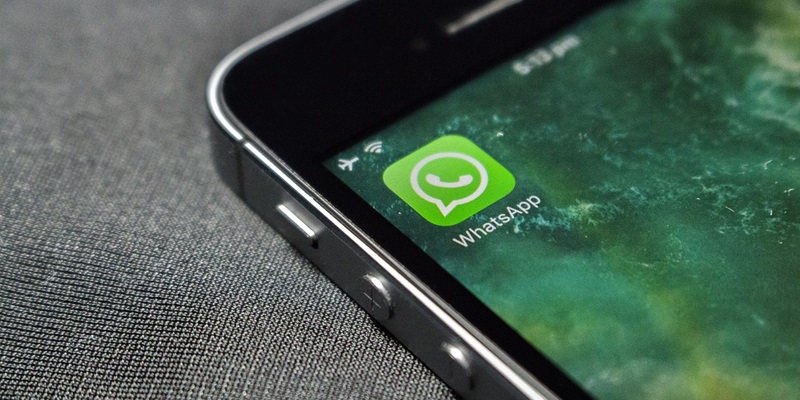The National Cyber Security Centre (NCSC) of Ireland has issued a stark warning about an alarming uptick in WhatsApp verification code scams, which are not just compromising personal accounts but also exploiting victims for payments and sensitive information. Users across the globe should be aware of this emerging threat and take appropriate measures to protect themselves from falling prey to these deceptive tactics that can lead to substantial financial and personal losses.
The scam typically begins when an attacker gains access to the victim’s phone number, after which the scammer tries to log into WhatsApp using that number. This action prompts a verification code to be sent to the victim’s phone. Unsuspecting victims may then receive a message appearing to come from a known contact, urgently asking them to share this verification code. The attacker impersonates this trusted contact by using a previously compromised WhatsApp account to lend credibility to the request. If the victim complies and sends the code, the scammer gains access to their WhatsApp account. At this point, the victim is often locked out of their own account, and the scammers can exploit their contacts while continuing the cycle of deceit.
How the Scam Works
The scam begins by obtaining the phone number of an unsuspecting victim. The attacker enters this number into the WhatsApp login screen, consequently triggering the app to send a verification code to the victim’s phone. From this moment on, urgency plays a critical role in the scam’s success. The scammer, having already taken over one of the victim’s contacts’ accounts, pretends to be this trusted individual. They then send a message to the victim urgently requesting the verification code, often using excuses that make it seem like it’s a matter of paramount importance.
Victims, assuming the message is genuine due to the familiar contact name, often share the verification code without second thoughts. Once the attacker gets hold of this code, they immediately take control of the victim’s WhatsApp account. With access in hand, the attacker can now lock out the rightful user, send fraudulent messages to the victim’s contacts, or even utilize sensitive personal data. This unauthorized access can lead to a cascade of security breaches that stretch beyond WhatsApp, potentially exposing other linked accounts and personal information.
Protecting Yourself from Scammers
To guard against these increasingly sophisticated scams, the NCSC recommends several critical precautionary measures. Firstly, it is essential to treat your WhatsApp verification code with the same level of confidentiality you would a secure password. Sharing it with anyone, regardless of the circumstances, is strongly advised against. Always remember, WhatsApp does not request this code directly from users, and any communication suggesting otherwise should be considered suspicious.
Secondly, users should activate two-step verification within their WhatsApp settings. This additional security feature requires a PIN alongside the regular verification code, substantially enhancing account security and making unauthorized access significantly more difficult. Enabling this feature can be done through WhatsApp settings under the Account section, where you can find Two-step verification. By adding this extra layer of protection, you make it harder for attackers to hijack your account, even if they manage to obtain the verification code from you.
Staying Vigilant and Reporting Suspicious Activity
The National Cyber Security Centre (NCSC) of Ireland has issued a grave warning about a rising trend in WhatsApp verification code scams. These scams not only compromise personal accounts but also exploit victims for money and sensitive information. This emerging threat is global, and users everywhere should take steps to protect themselves from these deceitful tactics that can result in significant financial and personal harm.
The scam usually starts when an attacker gets hold of the victim’s phone number and attempts to log into WhatsApp with it. This triggers a verification code to be sent to the victim’s phone. The victim then receives a message that seems to come from a trusted contact, urgently requesting the verification code. The attacker, posing as this trusted contact, uses a previously compromised WhatsApp account to make the request appear more credible. If the victim falls for it and sends the code, the scammer can access their WhatsApp account. This often locks the victim out of their own account, allowing the scammer to exploit their contacts and perpetuate the cycle of fraud.

